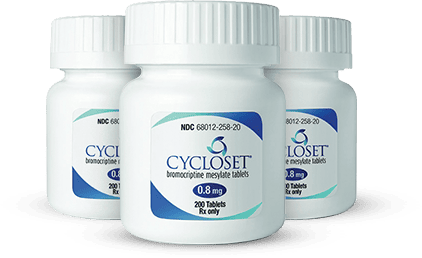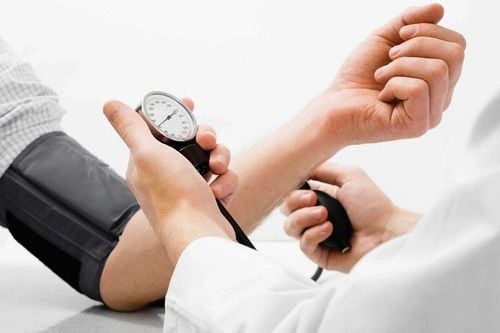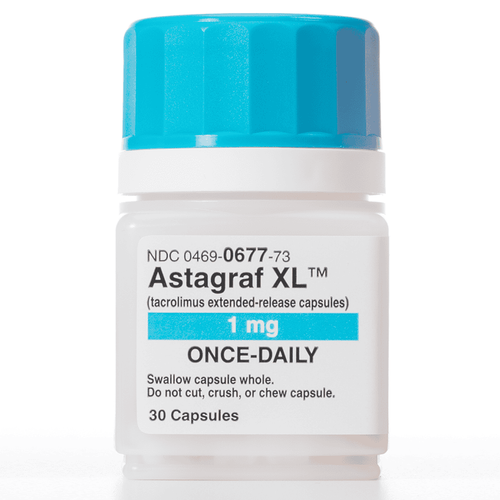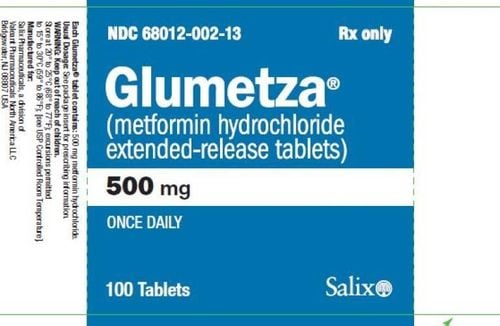This is an automatically translated article.
The article is professionally consulted by Doctor of Department of Examination & Internal Medicine, Vinmec Nha Trang International General Hospital.Although eating a lot of sugar can increase the risk of diabetes, there are many other factors that play together to cause diabetes such as diet, lifestyle and genetics that also affect the risk. sick.
1. What is sugar?
Natural sugars are found in fruits, vegetables (fructose) and dairy foods (lactose). Sugar is also added to processed foods and drinks or when housewives prepare food and add sugar ingredients to the dish. These added sugars are called free sugars and they are also found in pure fruit juices, smoothies, syrups and honey. Therefore, studies are focused on how this free sugar affects health, in which free sugar is the cause of diabetes. Free sugars include:Sugar that we add to drinks or breakfast cereals Sugars used in baking Sugar found in sauces, prepared meals, cakes and drinks Honey and syrups , like golden syrup or agave syrup Natural fruit juices with added sugar Smoothies.

Đường được sử dụng hằng ngày
2. Is sugar the cause of diabetes?
There are two main types of diabetes, type 1 diabetes and type 2 diabetes.In type 1 diabetes, the person's immune system destroys the insulin-producing cells in the patient's own pancreas, leaving the body unable to produce insulin on its own and increasing blood glucose levels. However, the cause of beta cell destruction is still unknown. There are many theories that may be caused by genes and viruses. However, for sure, eating a lot of sugar or due to lifestyle does not lead to type 1 diabetes. With type 2 diabetes, even though we know that sugar does not directly cause type 2 diabetes, you do. You are more likely to develop diabetes if you eat a lot of sugar and foods that contain a lot of sugar because it will lead to overweight. So you might find that if eating too much sugar makes you gain weight, you're increasing your risk of type 2 diabetes. But type 2 diabetes is complex and sugar is not the only reason it develops, it is a combination of many different factors such as lifestyle, diet and exercise. In addition, sugary drinks such as bottled soft drinks increased the risk of type 2 diabetes and did not cause weight gain.
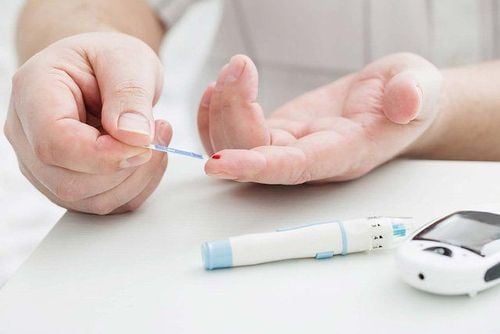
Sử dụng đường quá mức có thể gây ra bệnh lý tiểu đường
3. How much sugar should be eaten?
We should all cut back on free sugars and the maximum recommended daily intake is 30g for adults which equates to seven teaspoons per day. For example, one tablespoon of ketchup contains about one teaspoon of sugar, a chocolate chip cookie is two teaspoons of sugar.4. How can sugar consumption be reduced?
Small changes can help you significantly reduce the amount of free sugar in your and your family's diet such as:Instead of chocolate bars, sweets, cakes and cookies, choose foods healthier snacks like unsweetened yogurt, unsalted nuts, fruits and vegetables. For example, try natural yogurt mixed with chopped fruit or a small handful of nuts. Reduce the amount of sugar used in recipes. Use artificial sweeteners in place of sugar. If you like to drink sugary drinks, choose carbonated drinks without sugar. Or drink water that is naturally flavored, like mint or sliced lemon. Sugary drinks are best used in case of hypoglycemia. Instead of eating out, try to cook regularly for yourself to make sure you know for sure how much sugar is in your food. Pay attention to reduced-fat foods because these foods are higher in sugar because the manufacturer adds sugar to compensate for the altered taste and texture of the product as a result of the removal or reduction of fat. To see if a product has a lot of free sugars, look at the label containing the list of ingredients and look at the ingredient that makes up the most of it first. So, if sugar or syrup is listed in the first few ingredients, that product will contain a high percentage of sugar.

Định kỳ kiểm tra sức khỏe, giúp bạn phát hiện sớm bệnh lý tiểu đường
To register for examination and treatment at Vinmec International General Hospital, you can contact Vinmec Health System nationwide, or register online HERE.
References: diabetes.org.uk,
MORE
Is chronic alcoholism treatable? Signs of Alcoholism and How to Treat It What is an alcohol intolerance?




